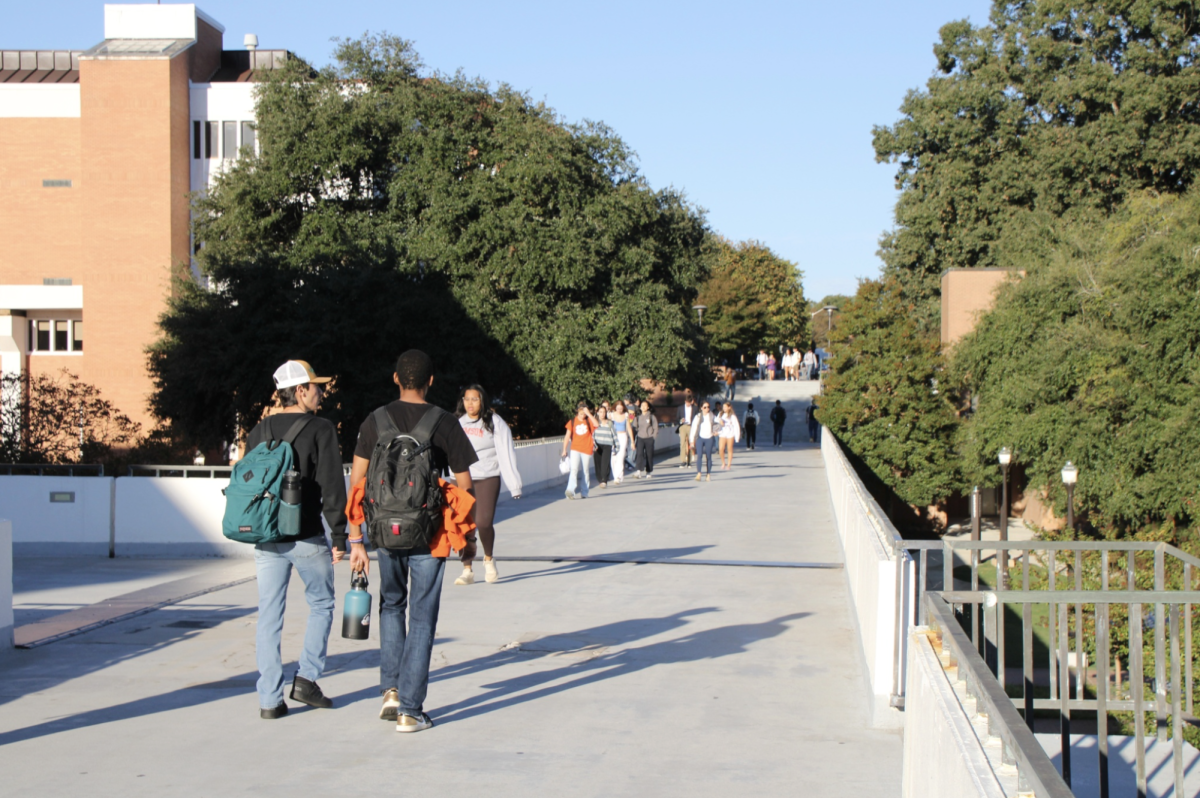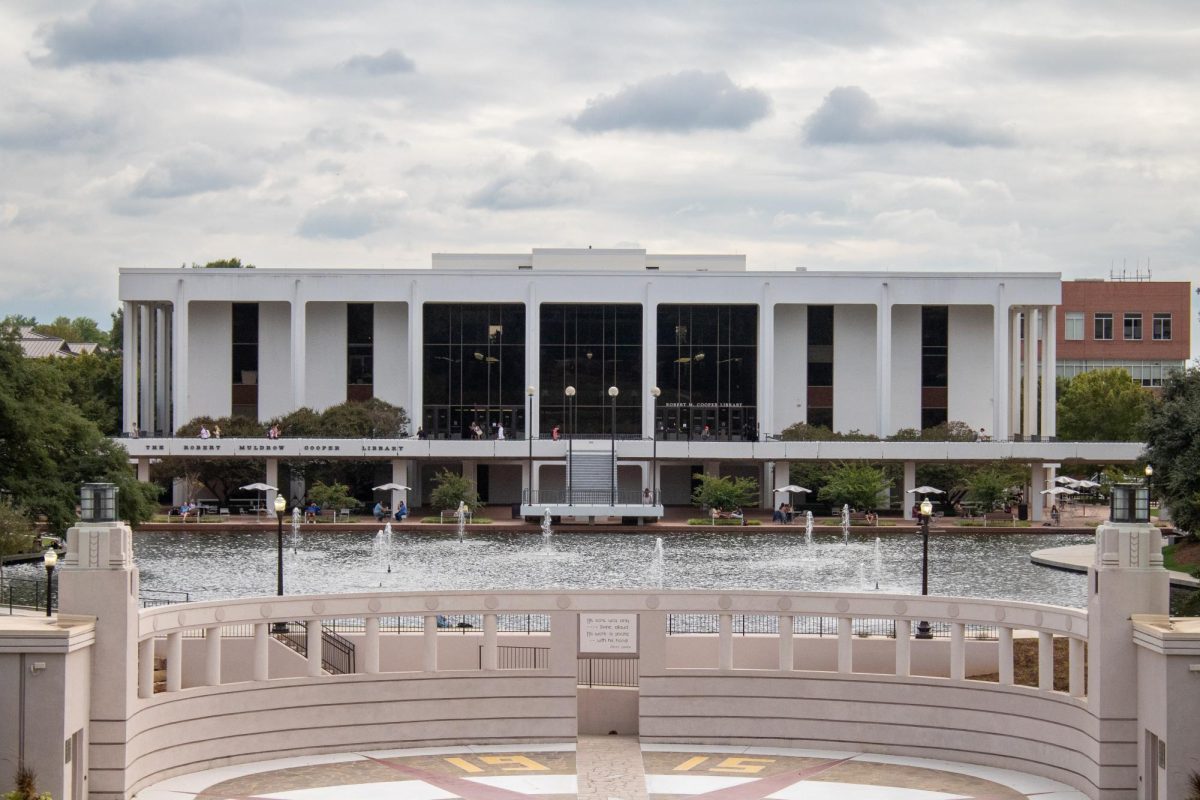Just less than a year ago hundreds of students of this university, most from minority groups on campus, had to sit on the steps of Sikes for more than a week before earning an audience with the campus leaders they employ with their tuition dollars. The first, and perhaps easiest to uphold, promise that eventually came from the administration was to foster an environment of free speech on campus.
Specifically Clements pledged ownership of overseeing the university’s “responsibility to treat all members with respect and dignity;” personally vowing to “not tolerate threatening behavior and statements” and promising there would be consequences for any such actions. Within the last month, Clemson’s President has been presented with two opportunities to stand up to threatening behavior and ensure the Clemson Family he is so fond of that all its members are treated with respect and dignity.
Despite finally holding a position in the coveted “Top 20” (something I remember hearing repeatedly as a goal during my time as a student) Clemson’s Administration failed to join dozens of other leading Universities around the country in denouncing the recent Executive Order referred to as the “Muslim Ban.”
Students gathered in the Provost’s office and a trio of professors fasted and led a march to urge Clements and the Administration to take a stand for inclusiveness and show the immigrant members of the Clemson Family that they were just as important as other students.
Yet, although a recent Clemson graduate was denied entry to the country for several days, and another prospective Clemson student’s visa was denied as a result of the EO, Clements’ only response was to recommend “that those individuals (affected by the ban) refrain from traveling outside the United States if at all possible.”
In the midst of this, flyers – distributed by the KKK – were left around campus on February 14th, marking the second time within the last several months the group has distributed literature explicitly denying the dignity and respect of many members of the Clemson Family. Again, the Administration’s response, an email and blog post on the official university blog, lacked the conviction that Clements promised nearly a year ago.
Although Clements’ latest letter did not endorse the radical opinions of the KKK and other divisive groups, the juxtaposed call for “exposure to a full spectrum of ideas and opinions” helps to normalize views that explicitly, and sometimes violently, seek to narrow the diversity of the community.
It is this recent trend, not just from the administration of Clemson, but from a variety of socially conservative groups, to urge tolerance for far-right nationalist-leading groups and speakers that should have us all concerned for the state of the Freedom of Speech on our campus.
The recent surge in sympathy for far-right nationalist-leaning speakers like Milo Yiannopoulos and Richard Spencer and the phenomenon of these views being welcomed on campuses as stewards of the notion of Freedom of Speech, is not just confusing – it is dangerous.
These speakers, and the views they espouse, have little difference with the views of groups like the KKK, and in their words have said that not everyone is equal and not everyone is worthy of dignity and respect. Their goal is the direct restriction of certain peoples’ freedoms and life.
Clemson University was established to be a “high seminary of learning” and in no way should we shy away from views that force us to confront our own comforts. Yet less than a week ago the Administration casually equated recruitment flyers for the KKK with a “full spectrum of opinions.”
The First Amendment grants us the freedom to think what we want and say what we want, but it does not give us the ability to either take away the sovereignty of others or put others in danger – it is illegal to shout “fire” in a crowded room, to use an overused example.
Calling recruitment flyers from the KKK a difference of opinion puts others in danger. It is a false equivalency to think that it is merely a difference in opinion when the difference is about the worth of a human as an individual.
As students, alumni, faculty, and staff of a public university we should never back away from exploring and encountering differences of opinion, but we must also remember that it is our it is our duty, as citizens of a democracy and as humans, to reject speech that devalues the lives of others.
The failure to denounce rhetoric that systematically devalues the worth of some and raises the worth of others makes the Clemson Family one of exclusivity, not inclusivity.
Categories:
Letter to the Editor: The dangers of not denouncing radical speech
Joshua S. Kelley, B.A. Philosophy/ B.F.A. Visual Arts, ’13
February 27, 2017
0
Donate to The Tiger
Your donation will support the student journalists of Clemson University. Your contribution will allow us to purchase equipment and cover our annual website hosting costs.
More to Discover








